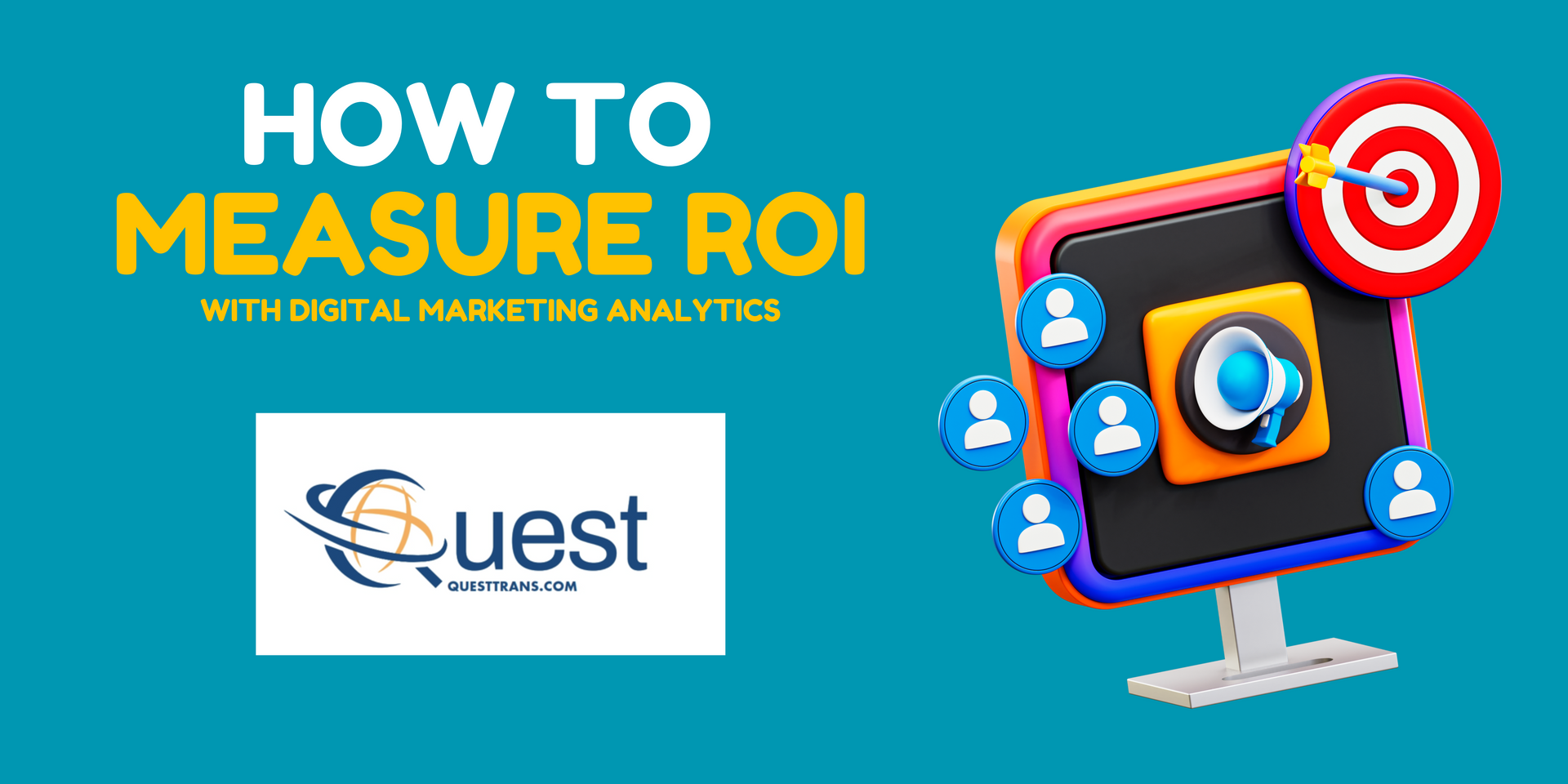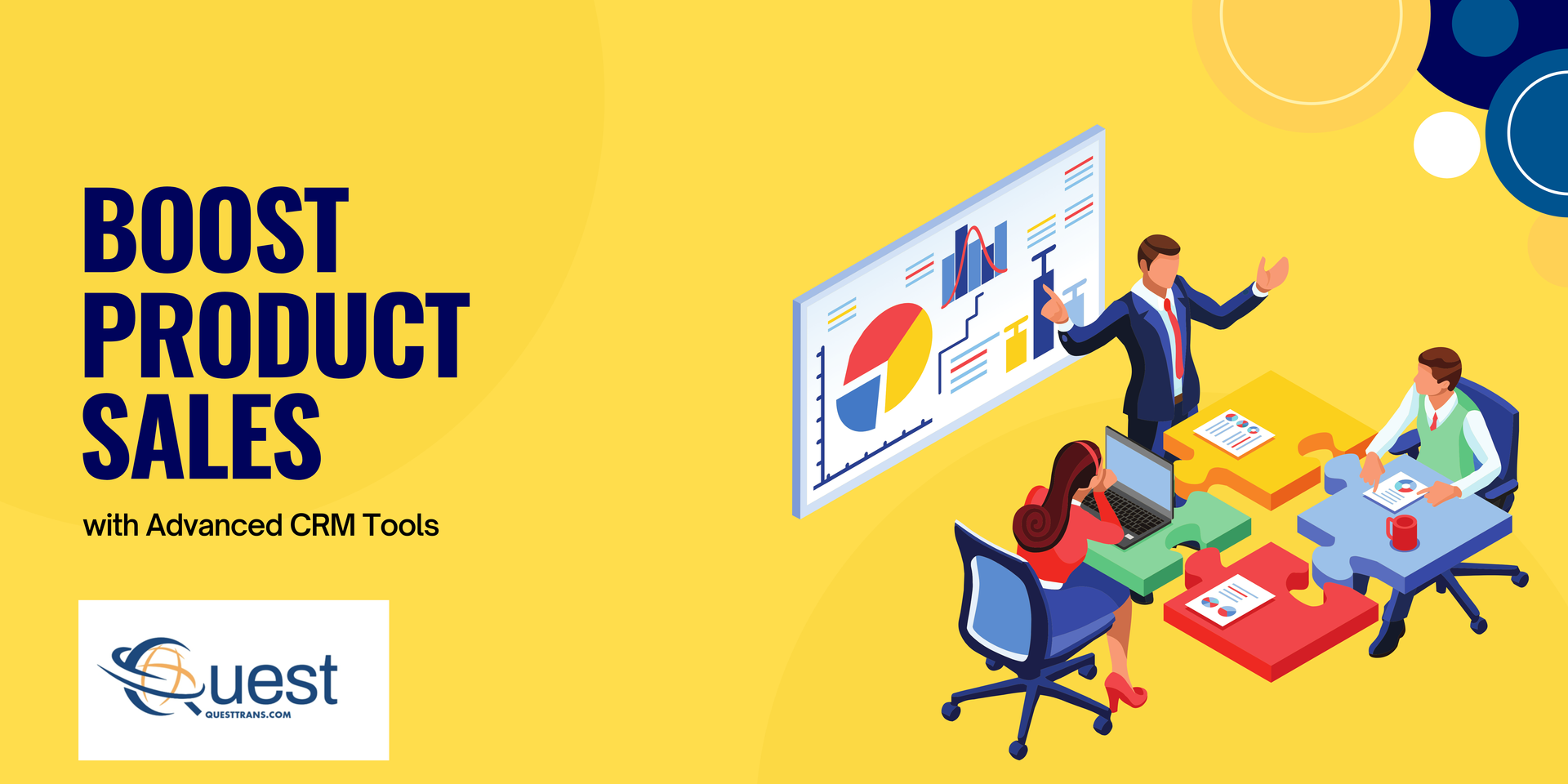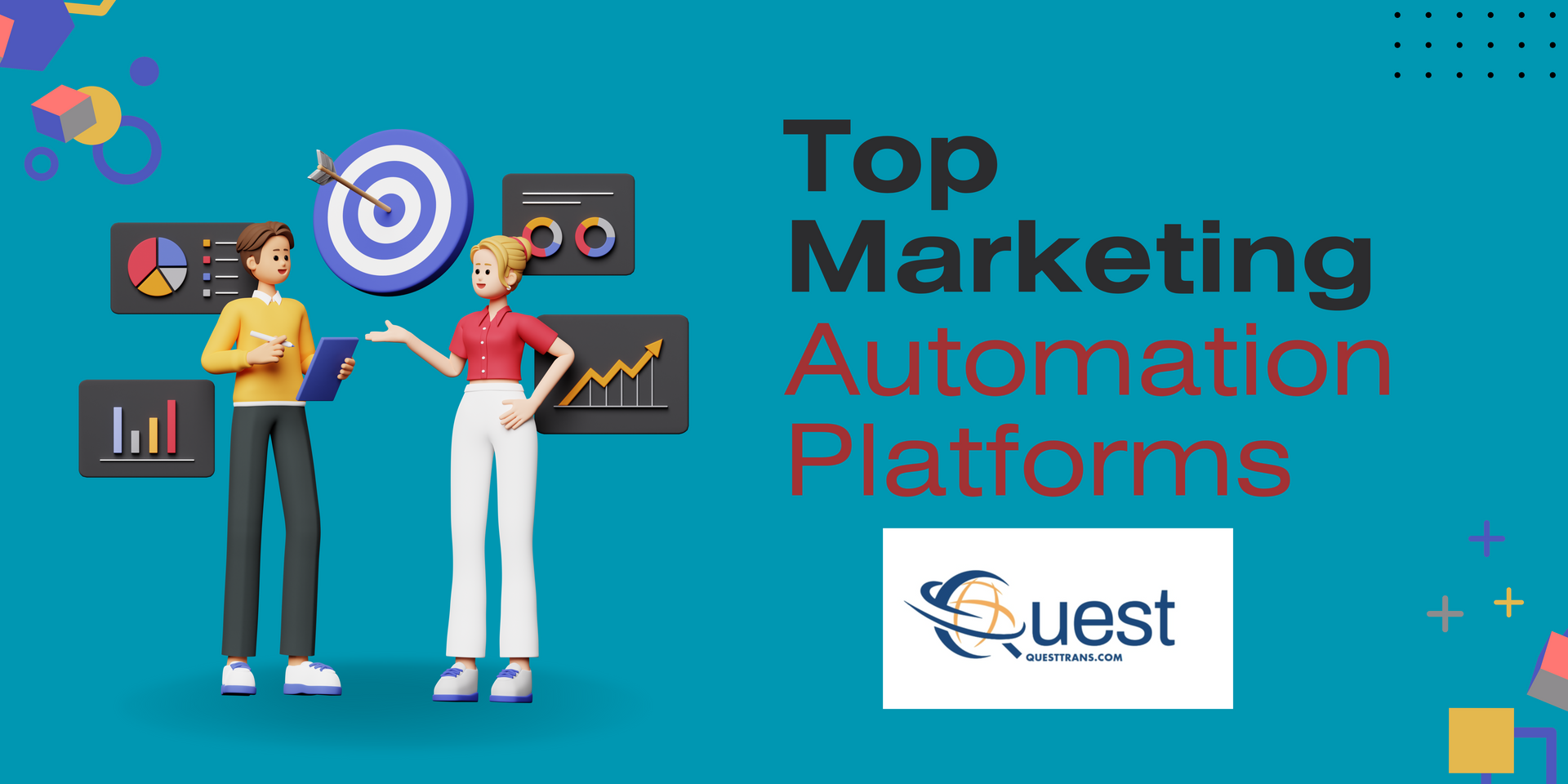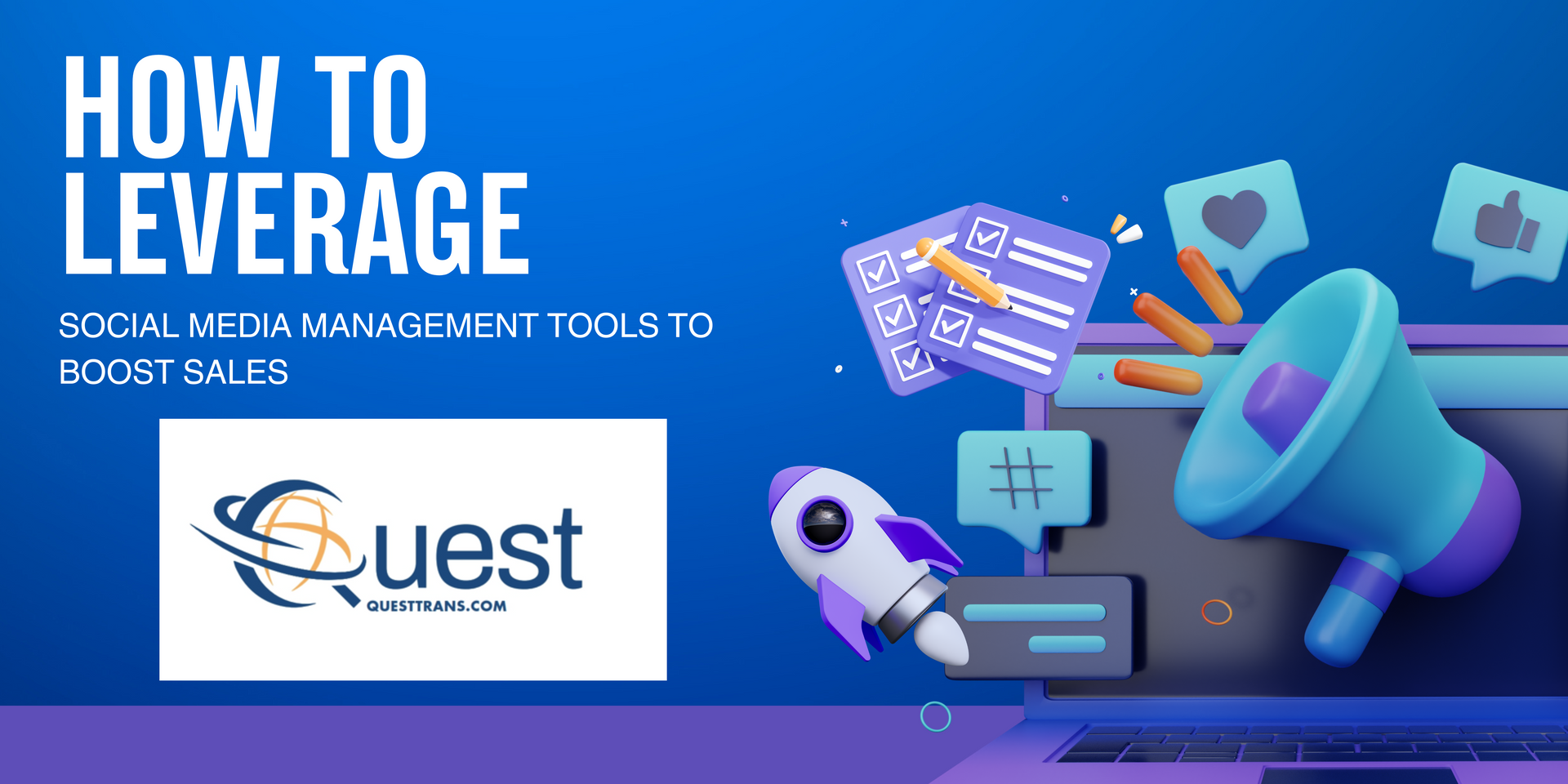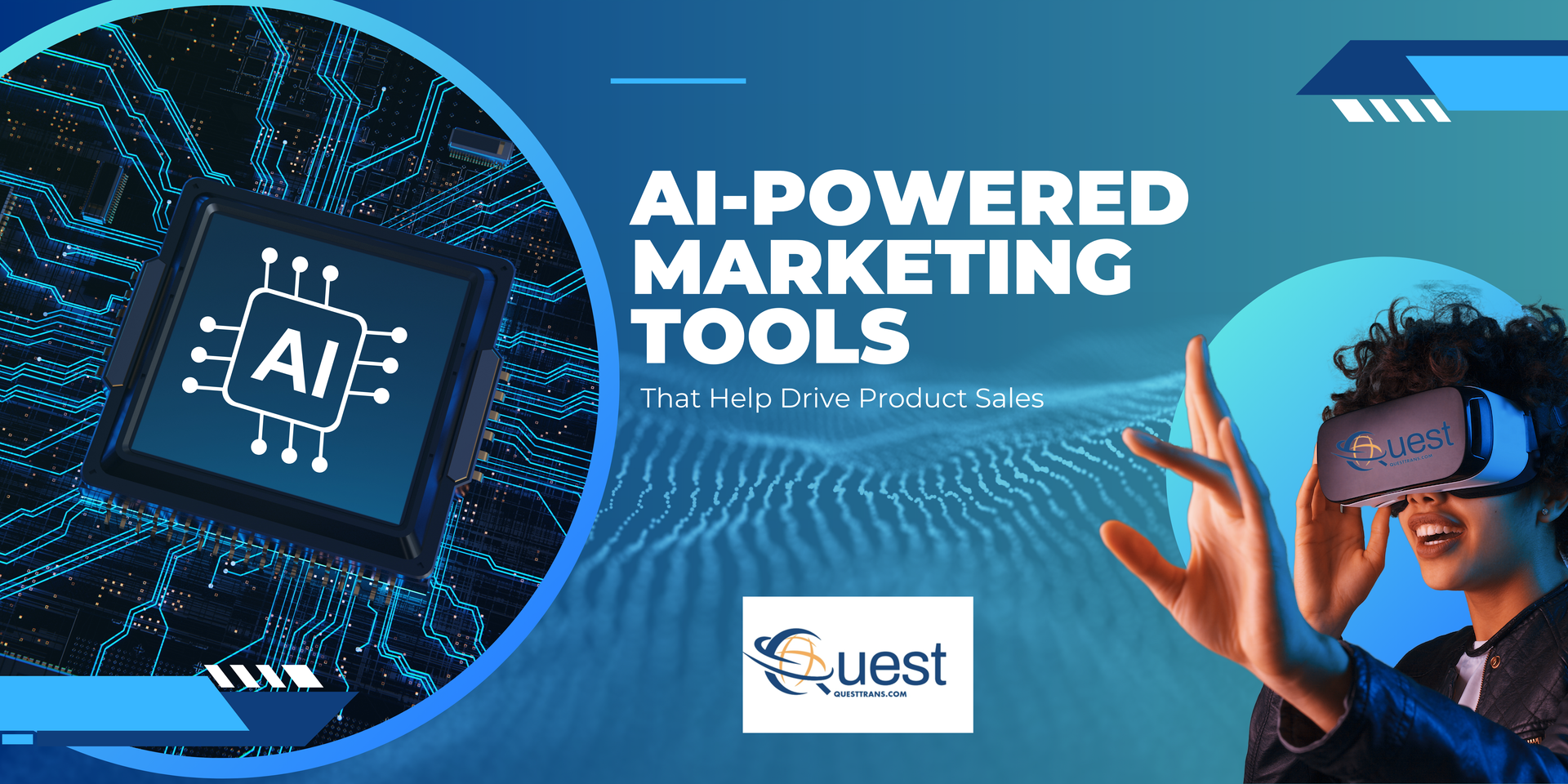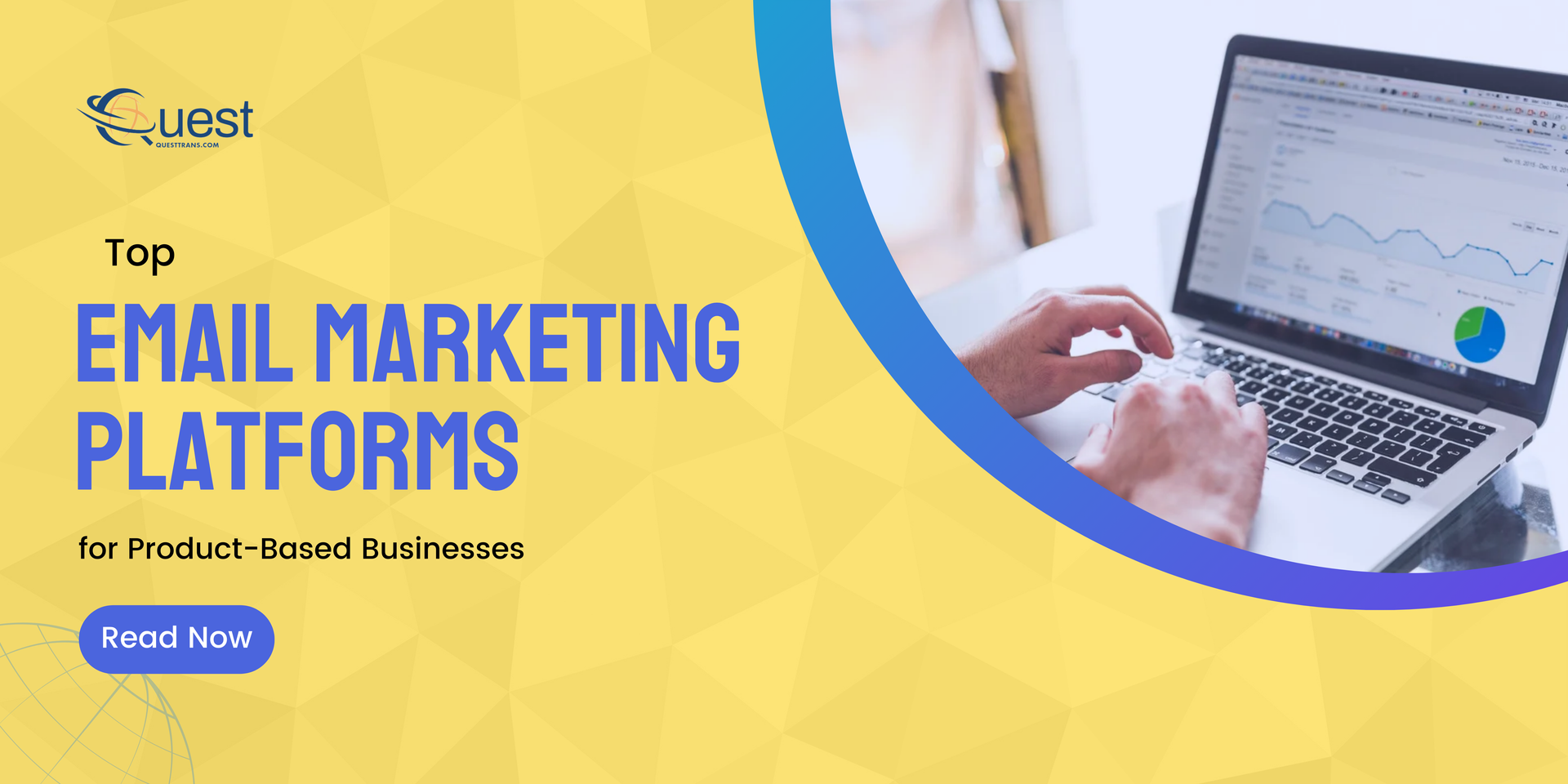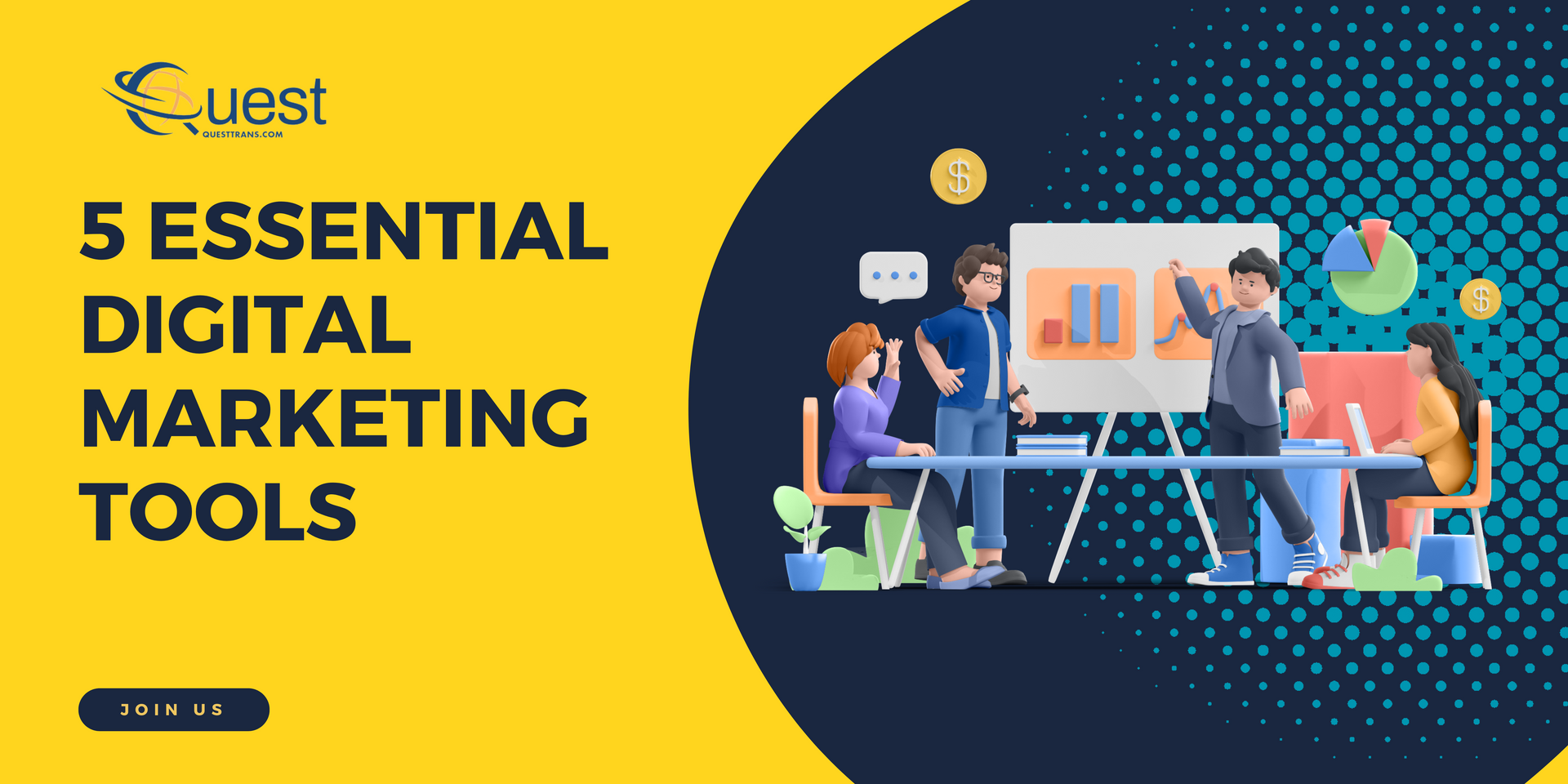Top ERP Systems for Product-Based Companies: A Comparative Guide
Top ERP Systems for Product-Based Companies: A Comparative Guide

Managing operations efficiently is crucial for product-based companies, whether you're an eCommerce retailer or a brick-and-mortar store. Enterprise Resource Planning (ERP) systems play a pivotal role in streamlining processes, optimizing inventory, and ensuring seamless operations across departments. With so many options available, finding the right ERP for your specific needs can be overwhelming.
This guide highlights the key features to look for in an ERP system and compares some of the top options on the market, helping you make an informed decision to enhance your business operations.
What to Look for in an ERP System for Product-Based Companies
Choosing the right ERP system requires understanding the features and tools that align with your business goals. Here are some critical aspects to consider:
Key Features to Consider
- Inventory and Warehouse Management
- Automate stock tracking and optimize warehouse operations.
- Order Processing and Fulfillment
- Streamline order management to ensure accurate and timely deliveries.
- Integration with eCommerce Platforms
- Sync your online store with backend operations for seamless transactions.
- Scalability for Growth
- Ensure the ERP can handle increased demands as your business expands.
- Real-Time Analytics and Reporting
- Access insights into sales, inventory, and customer behavior to inform decision-making.
- Customization Options
- Adapt the system to your unique workflows and industry requirements.
How ERPs Benefit Product-Based Businesses
- Improved efficiency by automating repetitive tasks.
- Better demand forecasting to avoid overstock or shortages.
- Enhanced decision-making through centralized, real-time data.
Comparative Overview of Top ERP Systems
Here’s a snapshot of some leading ERP solutions tailored for product-based companies:
1. SAP Business One
- Best for: Mid-sized to large businesses.
- Key Features:
- Comprehensive inventory management.
- Supply chain optimization.
- Powerful analytics tools.
- Learn More: SAP Business One
2. NetSuite ERP
- Best for: Fast-growing businesses seeking scalability.
- Key Features:
- Cloud-based for flexibility.
- Multi-channel integrations (e.g., Shopify, Magento).
- Real-time financial and operational insights.
- Learn More: NetSuite ERP
3. Microsoft Dynamics 365
- Best for: Versatile needs and businesses already using Microsoft products.
- Key Features:
- Advanced reporting tools powered by AI.
- Seamless integration with Office 365 and CRM systems.
- Intuitive user interface.
- Learn More: Microsoft Dynamics 365
4. Odoo
- Best for: Small to mid-sized businesses on a budget.
- Key Features:
- Open-source platform for customization.
- Modular design allows businesses to pick and choose features.
- Affordable pricing structure.
- Learn More: Odoo ERP
5. Epicor ERP
- Best for: Companies with manufacturing or distribution-heavy operations.
- Key Features:
- Industry-specific tools for supply chain management.
- Strong focus on manufacturing workflows.
- Robust analytics for production planning.
- Learn More: Epicor ERP
Matching the Right ERP to Your Business Needs
Key Considerations for Choosing an ERP
- Business Size and Complexity: Small startups may need a budget-friendly option like Odoo, while larger companies may benefit from SAP or NetSuite.
- Budget Constraints: Evaluate costs, including implementation, training, and ongoing support.
- Industry-Specific Needs: Certain industries, like manufacturing, may require specialized tools (e.g., Epicor).
- Ease of Implementation: Consider how quickly and seamlessly the ERP can be integrated into your operations.
Case Scenarios
- Scenario 1: A growing eCommerce retailer looking for cloud-based scalability chooses NetSuite for its seamless integrations and real-time insights.
- Scenario 2: A small local shop selects Odoo for its customizable, modular design and cost-effectiveness.
The Implementation Process
Implementing an ERP system is a transformative process, but it requires careful planning to ensure success. Here’s what businesses can expect:
Key Steps in ERP Implementation
- Initial Needs Assessment
- Identify the specific challenges you want the ERP system to address, such as inventory issues or order processing delays.
- Select the Right ERP Partner
- Work with a trusted vendor who offers guidance during the implementation process.
- Staff Training
- Ensure employees are comfortable using the new system with comprehensive training.
- Data Migration and Testing
- Transfer existing data into the ERP and conduct thorough tests to ensure accuracy and functionality.
- Set Realistic Timelines
- Avoid rushing the implementation process; allow time for adjustments.
- Ongoing Maintenance
- Regularly update and optimize the system as your business evolves.
Common Challenges and How to Address Them
- Resistance to Change: Involve your team early in the process to gain buy-in.
- Data Accuracy Issues: Clean and validate data before migration.
- Budget Overruns: Set clear budgets and stick to them by planning for contingencies.
Conclusion
Choosing and implementing the right ERP system can transform operations for product-based businesses, helping them stay competitive and scalable in an ever-changing market. By integrating advanced tools for inventory management, analytics, and order processing, companies can streamline their workflows and focus on growth.
For businesses navigating this decision, leveraging expert insights and resources—like those from trusted ERP providers—can simplify the process and ensure long-term success.
At Quest Transportation, we understand how seamless operations fuel business growth. Explore how our reliable and efficient logistics solutions can complement your operational strategies. Contact us today to learn more!
Works Cited:
NICE Webinars
SAP Business One
NetSuite ERP
Microsoft Dynamics 365
Odoo ERP
Epicor ERP


